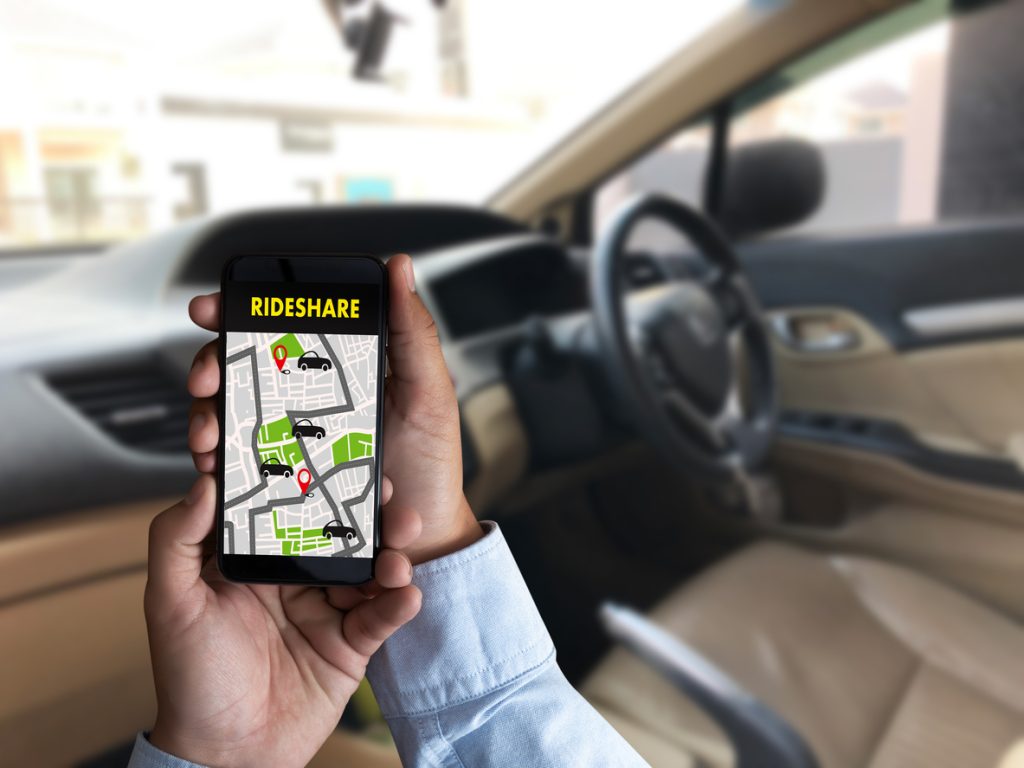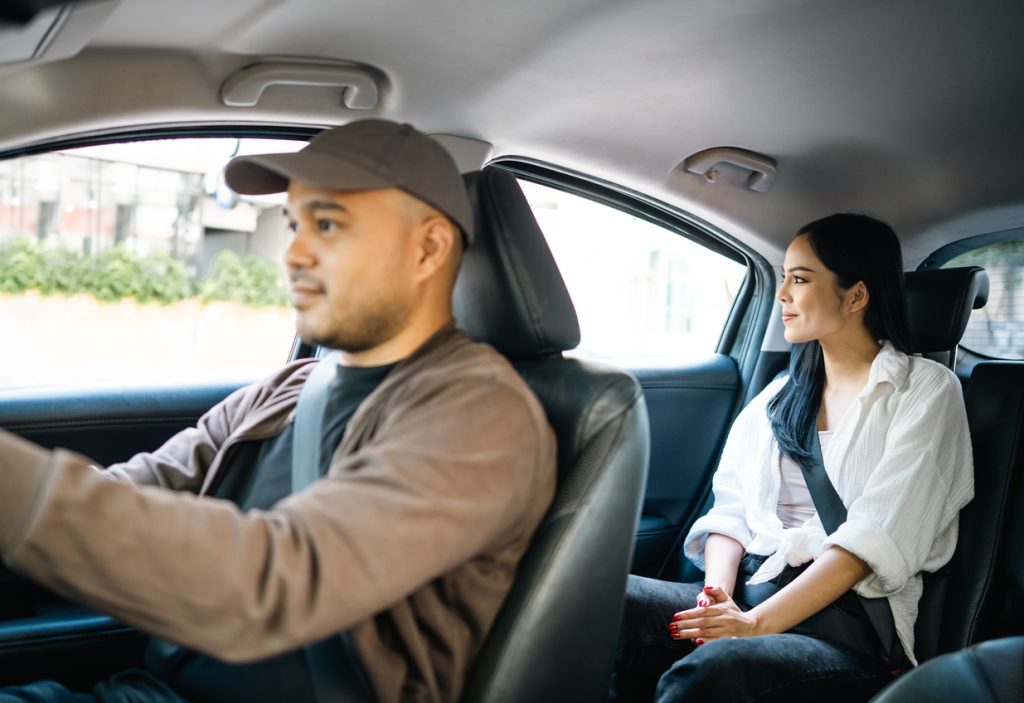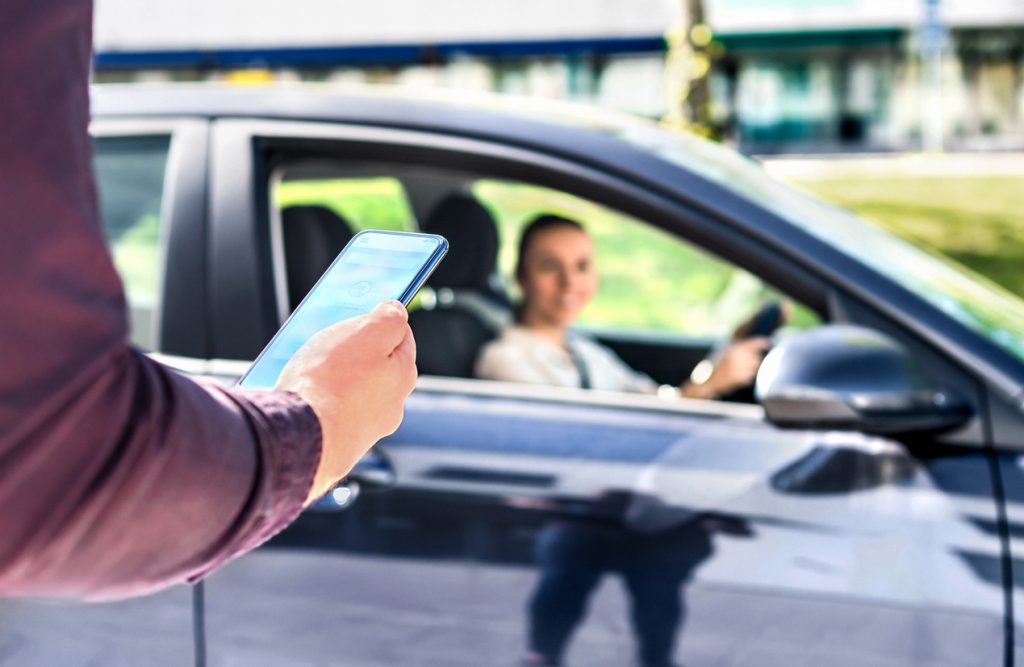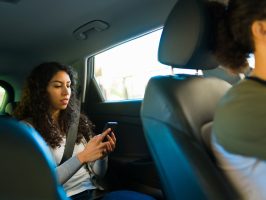Ridesharing has become one of the most widely used forms of transportation across the United States, including in Virginia. Services like Uber and Lyft provide convenience for passengers who prefer on-demand rides over traditional taxis. Yet with more rideshare vehicles on the road, traffic accidents involving these drivers have increased. A central legal question arises in these cases: when is Uber or Lyft considered responsible for damages? This is where the concept of Virginia rideshare accident liability becomes crucial for understanding who may bear financial responsibility after a collision.
Establishing liability in rideshare-related accidents is not always straightforward. Virginia law imposes unique requirements on drivers and companies, and courts often evaluate the circumstances of each case. Determining whether Uber, Lyft, or just the individual driver should be held liable depends on the driver’s status at the time of the accident, insurance coverage, and Virginia’s broader traffic and negligence laws.
Understanding the Foundations of Virginia Rideshare Accident Liability
The concept of Virginia rideshare accident liability is grounded in how state law treats commercial and non-commercial drivers differently. Unlike personal car accidents, where responsibility typically falls on the at-fault driver, accidents involving rideshare services introduce corporate responsibility into the equation. Because Uber and Lyft drivers use their personal vehicles while engaging in commercial activity, insurance coverage and liability become more complex.
Virginia follows a fault-based system for traffic accidents. This means the person or entity determined to be legally responsible for the crash is required to pay for damages. If a rideshare driver causes an accident, the first step is to evaluate whether that driver was logged into the Uber or Lyft app, waiting for a ride request, or actively transporting a passenger. This status largely dictates whether personal insurance, rideshare-provided coverage, or company liability applies.
Driver Status and Its Role in Virginia Rideshare Accident Liability
The driver’s status at the moment of the collision is the most critical factor in determining Virginia rideshare accident liability. Courts and insurance companies analyze three main stages of rideshare operation.
When the driver is not logged into the app, the accident is treated like any personal vehicle collision. Liability falls on the driver’s private insurance, with no involvement from Uber or Lyft. Once the driver is logged in and available to accept a ride but has not yet picked up a passenger, rideshare companies generally provide limited liability coverage. The most significant protection occurs when a passenger is in the vehicle or the driver is en route to a pickup. In those situations, Uber and Lyft typically extend higher commercial insurance coverage, which may include $1 million in liability protection.
This framework demonstrates how liability can shift depending on whether the driver is actively engaged in providing a rideshare service. Courts in Virginia often review electronic records from the rideshare platforms to establish the driver’s status at the time of the accident, making these digital logs an important piece of evidence.

Virginia Rideshare Accident Liability in Pedestrian and Cyclist Cases
Not all rideshare accidents involve passengers. Pedestrians and cyclists are frequently at risk in urban and suburban areas where rideshare drivers operate. The issue of Virginia rideshare accident liability becomes especially pressing when these vulnerable road users are struck.
If a rideshare driver hits a pedestrian while transporting a passenger, Uber or Lyft’s higher coverage may apply. If the driver is merely waiting for ride requests, only limited coverage might be available. The complexity grows further if both the pedestrian and the driver share some responsibility, as Virginia is one of the few states that follows a pure contributory negligence rule. This means that if the pedestrian is even one percent at fault, they may be barred from recovering damages. Understanding this doctrine is vital when evaluating rideshare-related pedestrian injury cases.
Insurance Layers and Virginia Rideshare Accident Liability
Insurance coverage forms the backbone of how Virginia rideshare accident liability is assigned. Because Uber and Lyft classify drivers as independent contractors rather than employees, the companies often attempt to shield themselves from direct liability. Instead, they rely on layered insurance policies that activate depending on the driver’s activity level.
For example, if the rideshare driver is en route to pick up a passenger or has someone in the vehicle, Uber and Lyft may provide substantial liability coverage. This can cover bodily injury, property damage, and even uninsured or underinsured motorist claims. However, disputes often arise when victims seek compensation, as insurance companies may attempt to minimize payouts or argue that the driver’s actions fall outside policy protections. Virginia courts play a central role in resolving these disputes by interpreting policy language and applying state negligence laws.
Judicial Interpretations of Virginia Rideshare Accident Liability
Case law also influences how Virginia rideshare accident liability is applied. While Virginia does not yet have the same volume of rideshare-specific rulings as larger states, its courts apply traditional negligence principles to these modern scenarios. Judges often evaluate whether the driver acted within the scope of their rideshare duties and whether Uber or Lyft’s insurance obligations were triggered.
Additionally, Virginia’s adoption of contributory negligence places a heavy burden on plaintiffs. Even slight fault by the injured party can prevent recovery, regardless of the extent of the rideshare company’s insurance coverage. This strict standard underscores the importance of precise evidence, including app data, accident reconstruction, and eyewitness accounts. Courts also consider federal transportation guidelines, which continue to evolve as ridesharing expands.

Comparing Uber and Lyft Liability Policies in Virginia
Uber and Lyft have similar liability structures in Virginia, but subtle differences can affect accident claims. Both companies maintain tiered insurance systems, but policy specifics sometimes vary. For instance, certain coverage exclusions may apply depending on whether the driver’s personal insurance meets Virginia’s minimum liability requirements.
When evaluating Virginia rideshare accident liability, courts and claimants must carefully review these policies to determine whether coverage applies in full or only partially. Because each accident involves unique details, liability outcomes can differ significantly between Uber and Lyft cases, even when the accidents occur under seemingly similar conditions.
The Role of Government Oversight in Virginia Rideshare Accident Liability
Virginia regulates rideshare companies through its Department of Motor Vehicles, which sets requirements for driver background checks, vehicle safety standards, and insurance compliance. Oversight ensures that companies maintain minimum coverage and that drivers meet licensing requirements. This regulatory framework directly shapes how Virginia rideshare accident liability is enforced.
For example, state regulations specify that rideshare companies must maintain certain levels of commercial insurance to protect passengers and third parties. These standards are designed to reduce disputes over coverage, though conflicts still arise in practice. More information on transportation regulation in Virginia can be found through the Virginia Department of Motor Vehicles, which outlines rideshare requirements and accident reporting obligations.
Internal Link: Legal Guidance on Virginia Rideshare Accident Liability
Those navigating these issues often turn to legal resources for clarity. In many situations, claimants need to understand when a rideshare company can be directly involved in covering damages. A helpful overview can be found in this discussion of Virginia rideshare accident liability, which explains how courts and insurers evaluate Uber and Lyft accidents across the state.
Common Disputes in Virginia Rideshare Accident Liability
Accident claims involving Uber and Lyft in Virginia often lead to disputes between multiple insurers. Personal auto insurance providers may deny coverage if the driver was operating for profit at the time of the crash, while rideshare companies may limit their liability by pointing to exclusions in their policies. This back-and-forth can create delays in compensating victims.
Another frequent dispute involves whether Uber or Lyft should be held vicariously liable for the actions of their drivers. Because drivers are independent contractors, companies argue they are not responsible for negligent acts committed outside of strict rideshare duties. Courts in Virginia have tended to side with this reasoning but still hold companies accountable through insurance obligations. This ongoing tension reflects the evolving nature of Virginia rideshare accident liability in both legislation and litigation.

Final Thoughts on Virginia Rideshare Accident Liability
The growth of Uber and Lyft across Virginia has transformed transportation but also introduced new legal challenges. Determining liability after an accident is no longer a simple matter of identifying the at-fault driver. Instead, multiple layers of insurance, company policies, and state negligence rules combine to shape outcomes.
Understanding Virginia rideshare accident liability requires careful analysis of the driver’s status, insurance structures, and contributory negligence laws. Courts continue to refine these principles as more cases emerge, and regulatory oversight ensures minimum protections for passengers, pedestrians, and other drivers.
As rideshare usage continues to expand, so will the complexity of liability questions. For individuals involved in these accidents, knowing when Uber or Lyft may be responsible provides a clearer path toward securing compensation under Virginia law.
